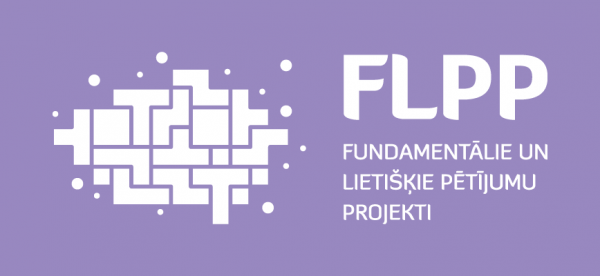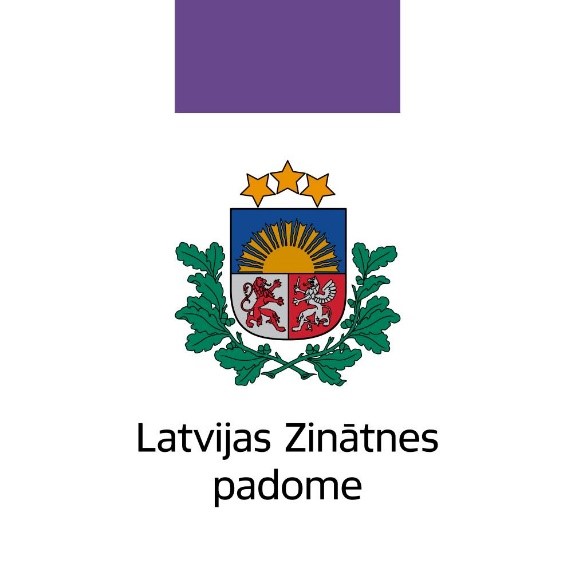The title of the project:
Biotic and abiotic environmental factors causing ecological trap processes in forest bird communities
Project No. lzp-2021/1-0277
Project manager: Tatjana Krama
Project implementation period: 36 months (from January 3, 2022 to December 30, 2024).
Project funding: EUR 299,999.70
The summary of the project:
The aim of the project is to improve understanding of the causes and mechanisms that determine differences in blood parameters, blood microbiome and reproductive and survival success between blood parasite-infected and uninfected birds in ecological trap conditions. During the project, the relationship between habitat quality, the genetic fitness of nesting pied flycatchers (Ficedula hypoleuca), blood parasite infections, blood cell concentrations and blood microbiome will be investigated. Our previous studies have shown that distance to water bodies affects the intensity of blood parasite infections in forest birds, creating ecological trap conditions in bird territories closest to water. We have also discovered ecological traps in forest stands affected by insect pests. In this project, we will use a completely new approach to research in the field of wild animal physiological ecology, based on the study of the blood microbiome, which will provide new insights into the significance of ecological traps. Blood microbiome studies are crucial because 1) telomere length is traditionally determined using blood cells; 2) blood parasites significantly affect lifespan and fitness; 3) environmental stress manifests itself in changes in blood cell concentrations. This project will result in recommendations for preserving forest biodiversity. The project will create jobs for several students, which is important for mitigating the effects of COVID-19.

